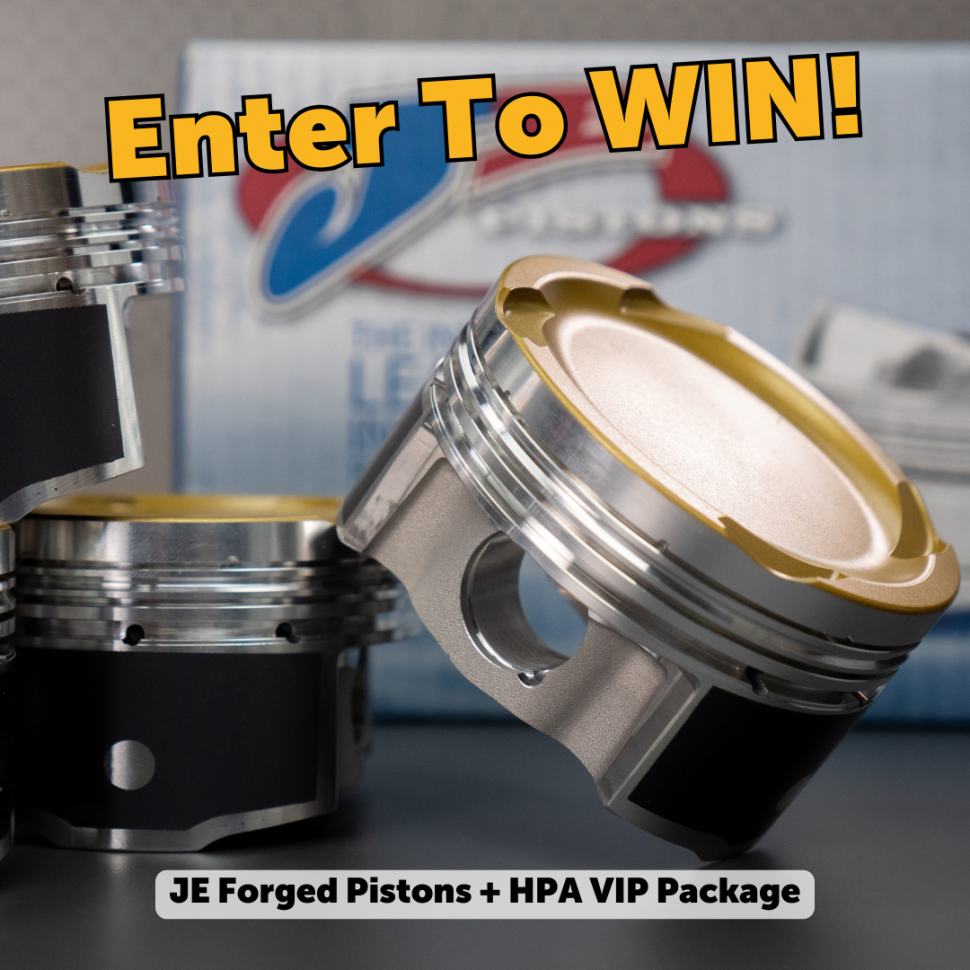| 00:00 |
- A large number of late model performance engines will incorporate a set of small jets that locate to the engine block and direct a spray of oil to the underside of the pistons.
|
| 00:11 |
The aim of these jets or under piston oil squirters, is to cool the underside of the piston crown in a performance application.
|
| 00:19 |
The aim is to improve reliability and control the piston crown temperature.
|
| 00:25 |
There's a lot of debate in the wider industry as to whether these piston squirters are a necessary item and I wanted to spend some time addressing that here.
|
| 00:35 |
In particular we'll often find that there may be several variations of engine block where those destined for a performance application have the jets included, while the lower spec model will not.
|
| 00:47 |
A perfect example of this is the Toyota 2JZ engine which was released in both naturally aspirated and turbo charged forms.
|
| 00:56 |
The turbo block uses oil squirters, while the naturally aspirated engine doesn't.
|
| 01:02 |
This often leads to the situation where someone begins a build using the lower cost and more available naturally aspirated block, and then becomes concerned as to whether or not they should have the block machined to take oil squirters.
|
| 01:17 |
While this is definitely achievable by a good quality engine machinist, it can be a costly process and often this additional cost will bridge the gap in price between the naturally aspirated block and the more expensive turbo block, defeating any potential savings.
|
| 01:35 |
Before we make any decisions or draw any conclusions, we need to understand the implications of the oil squirters and realise that they aren't without some potential drawbacks too.
|
| 01:47 |
Firstly they're taking oil from the main oil gallery, that was otherwise destined for the engine bearings.
|
| 01:54 |
Particularly if you have an engine with marginal lubrication, reducing the oil supply to the bearings certainly isn't going to help your cause and in this instance you may be better to run without the oil squirters.
|
| 02:08 |
The oil squirters are also spraying oil up the bores towards the underside of the piston, and this results in the rings needing to remove more oil from the cylinder walls.
|
| 02:18 |
This shouldn't present an issue, however there is the potential for increased oil consumption in some instances.
|
| 02:27 |
Since the oil squirters are using oil to cool the pistons, this understandably results in additional heat being transferred to the oil, which then needs to be managed.
|
| 02:38 |
I've personally built and tuned many engines that were fitted with oil squirters, and just as many that weren't, with equally good results.
|
| 02:47 |
For me, it isn't a deal breaker, and I wouldn't necessarily go to the trouble of fitting oil squirters to a block that didn't have them as factory unless I was perhaps building an engine for an endurance application.
|
| 03:00 |
Particularly if you're using an alcohol based fuel such as methanol or E85, which is becoming increasingly popular, the piston is going to be subjected to lower temperatures anyway and hence the oil squirters become less relevant.
|
| 03:16 |
On the other hand if I was dealing with an engine that had factory oil squirters, I wouldn't recommend removing them, unless there is a known problem with lubrication, and you really need to give the engine every last chance of surviving.
|





